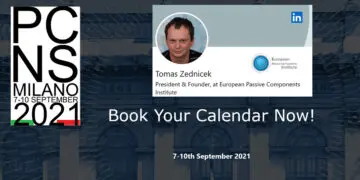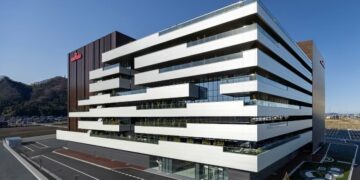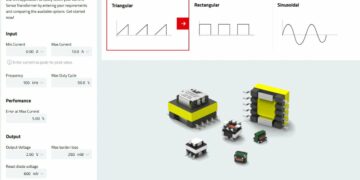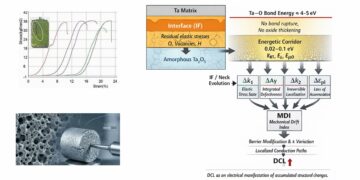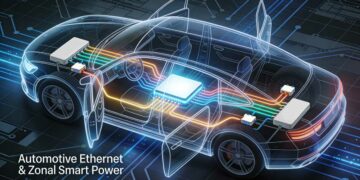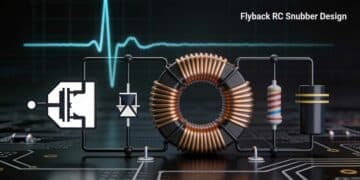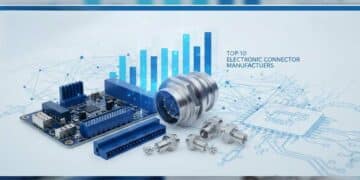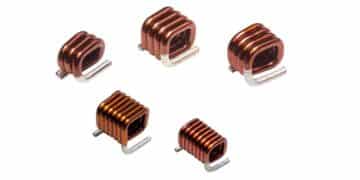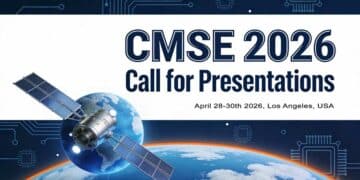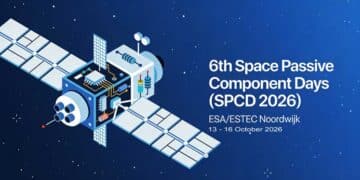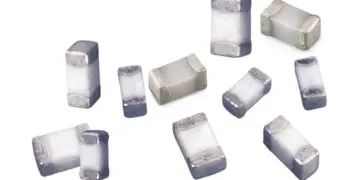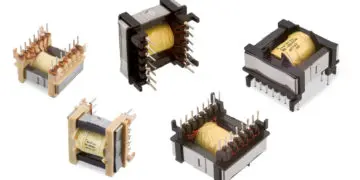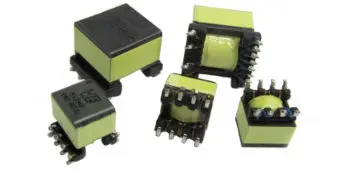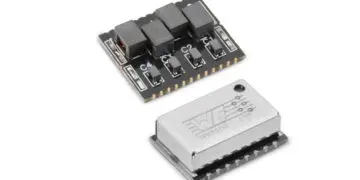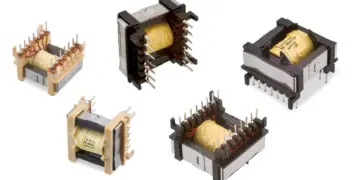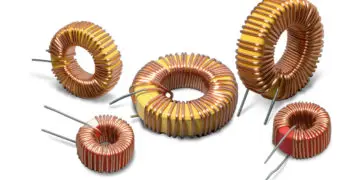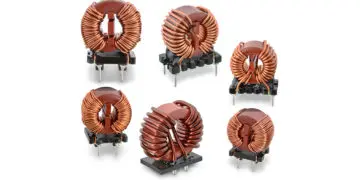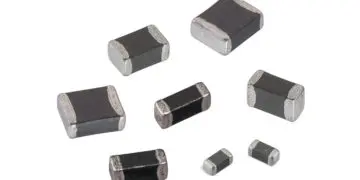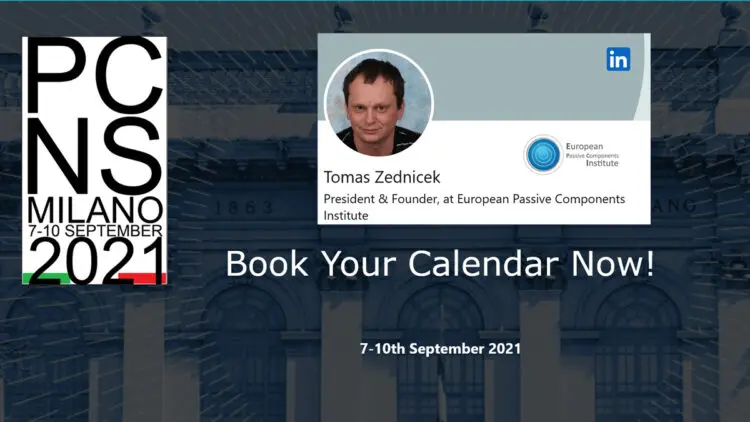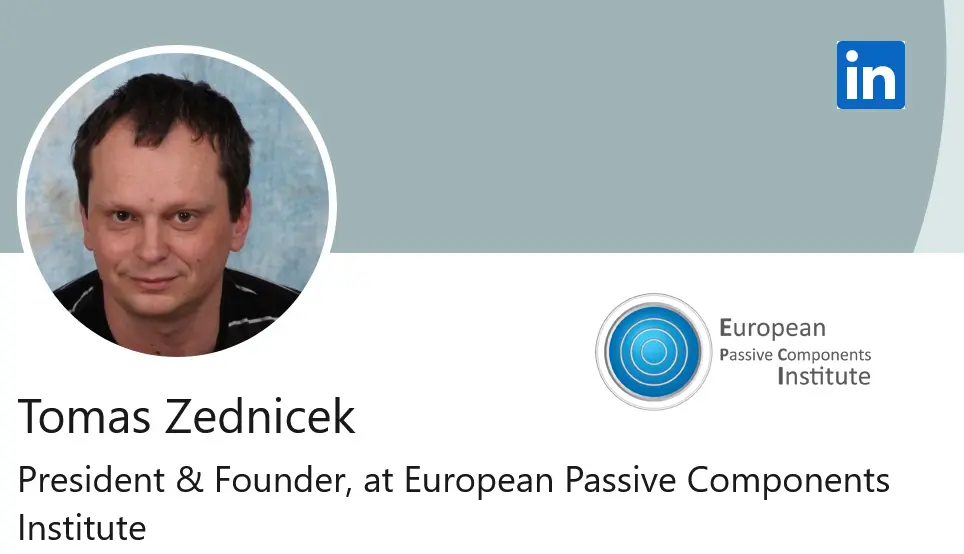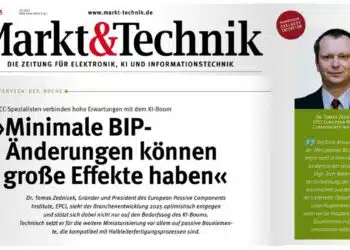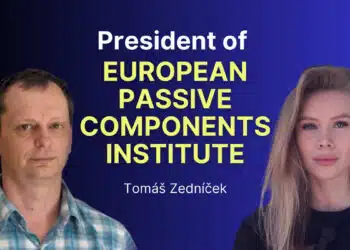TPC Technical Program Committee of the next 3rd PCNS Passive Components Networking Symposium scheduled for Sep 7-10th 2021 in Milano, Italy selected theme of the symposium: RELIABILITY & SUSTAINABILITY of PASSIVE COMPONENTS that will be elaborated in conference Workshop, Hot Topic Panel Discussion, Keynote and papers selection preferences. EPCI, the main PCNS organizer, questioned TPC members why they consider the theme so important for today’s passive electronic components and what shall be discussed within this topic in depth. The next interview #8 is with TPC chair, Tomas Zednicek Ph.D. (TZ), EPCI European Passive Components Institute’s president.
It is our pleasure to invite for TPC interview also our EPCI president Tomas Zednicek who chairs PCNS TPC and Organizing Committees.
EPCI: What ideas, issues, concerns, directions has raised on your mind when TPC selected „Reliability & Sustainability of Passive Components“ as the 3rd PCNS theme ?
TZ: I was very pleased with the discussion about a suitable PCNS theme that we had on TPC board meeting and the selection is reflecting the current hot topic within the industry in my view.
Reliability is one of key concerns in number of applications. We discuss mostly issues related to automotive or aerospace industry as top of the iceberg, nevertheless there are number of industrial applications, where electronic components and passives’ reliability may be of even higher concern. In many cases automotive vehicles are in “off” mode parked in garage, space flying hardware is out of humidity and oxygen degradation mechanisms once it survives board mounting and launch vibrations… but there are applications that needs “true” 7/24/365 operation at harsh applications including elevated temperatures or high humidity that may present a real challenge for number of components. Standard manufacturers’ reliability declared figures such as 2 000 hours components life data at maximum rated conditions that may not be sufficient to guarantee and predict long life-time operation in this case.
We are living in fascinating time of dramatic technology changes. We have seen a significant shift from pure economically “consumer” driven decisions and products to more sustainable solutions that may not provide the lowest cost or best shining performance, but it is more friendly to the environment and future live on our planet. It is about a mind set change that influence higher and higher percentage of population and it begins to penetrate into consumer preferences as well, thus it is more and more economically viable direction going forward. This brings significant consideration, challenges and changes across the whole supply chain for all products including passive components, its designs, material selection and technology.
EPCI: What topic you would recommend for the Hot Panel Discussion and Why ?
TZ: PCNS offers an unique platform for the passive components industry to meet and discuss specific topics that could be difficult to handle by one particular manufacturer, but it may have a significant impact to application and users. Last PCNS 2019 hot panel “MLCC class II ageing BIAS” brought very beneficial discussion between five MLCC manufacturers and automotive user that end up with an open letter to AEC-Q200 committee. This is a key role of PCNS to provide a platform to meet and discuss critical issues on passive components within the industry.
Sustainability is a great topic for the next PCNS Hot Panel discussion, I assume, that has to involve networking and communication across the whole supply chain. I would be glad to welcome representatives from raw material supply front side, manufacturers, distributors up to the end application passive components users to join such discussions.
EPCI: You are working as EPCI president. Can you comment what is Hot / Upcoming relevant to the PCNS theme ?
TZ: I wish we can involve more public discussion on general support for academia into study of basic physical mechanisms on passive components. Passive components seems to be the “easy” and “simple” devices, but the reality is many times opposite and I am still surprised how complex the physics is behind those “simple” behaviors. We can not expect manufacturers to carry basic research tasks, resources and investment, but more in-depth modelling of physical processes could lead to better understanding of components behavior beyond 2000hrs at harsh environment for example. Related new findings may also boost development of the next generation of passive components.
In pandemia time EPCI was focusing to bring more on-line tools to support passive components such as WHO is WHO in passives database, Passive events calendar or EPCI-Academy of e-learning passive components courses. All of these together with PCNS symposium are pieces of one puzzle that is trying to support passive components industry. It is our pleasure & motivation to see raising interest in our Passive Component Blog as educational and information portal on passive components. Visitor rate reach over 41K in March 2021 with 30%+ increase compare to year to year March 2020 and that is a huge number for site dealing with “simple” passive components.
EPCI: How are you going to address this topic during PCNS ?
TZ: Apart of my active role in PCNS organizing and technical committees, I am going to prepare technical paper together with Brno University of Technology on some new findings on high energy, high voltage ceramic capacitor dielectrics that, as we hope, will be of interest to the industry.
EPCI: Thank you Tomas and lets hope in best that we can meet live at PCNS in Milano in September
Tomas Zednicek can be reached at his LinkedIn profile
see more about PCNS on its website:
be active in passives ! join us and submit your paper abstract online:
About
PCNS Passive Components Networking Symposium is a bi-annual international symposium organized by EPCI European Passive Components Institute in co-operation with an European university. 3rd edition of the PCNS Passive Components Networking Days Symposium scheduled for September 7-10th, 2021 in Milano, Italy is hosted by Department of Chemistry, Materials and Chemical Engineering “Giulio Natta” and Department of Electronics, Information and Bioengineering of Politecnico di Milano. It is intended as a live event with speakers present with streaming options for virtual attendees. In worst case, the PCNS will move to virtual event; all registered attendees will get hard printed ISBN Proceedings (by mail post in virtual case).
